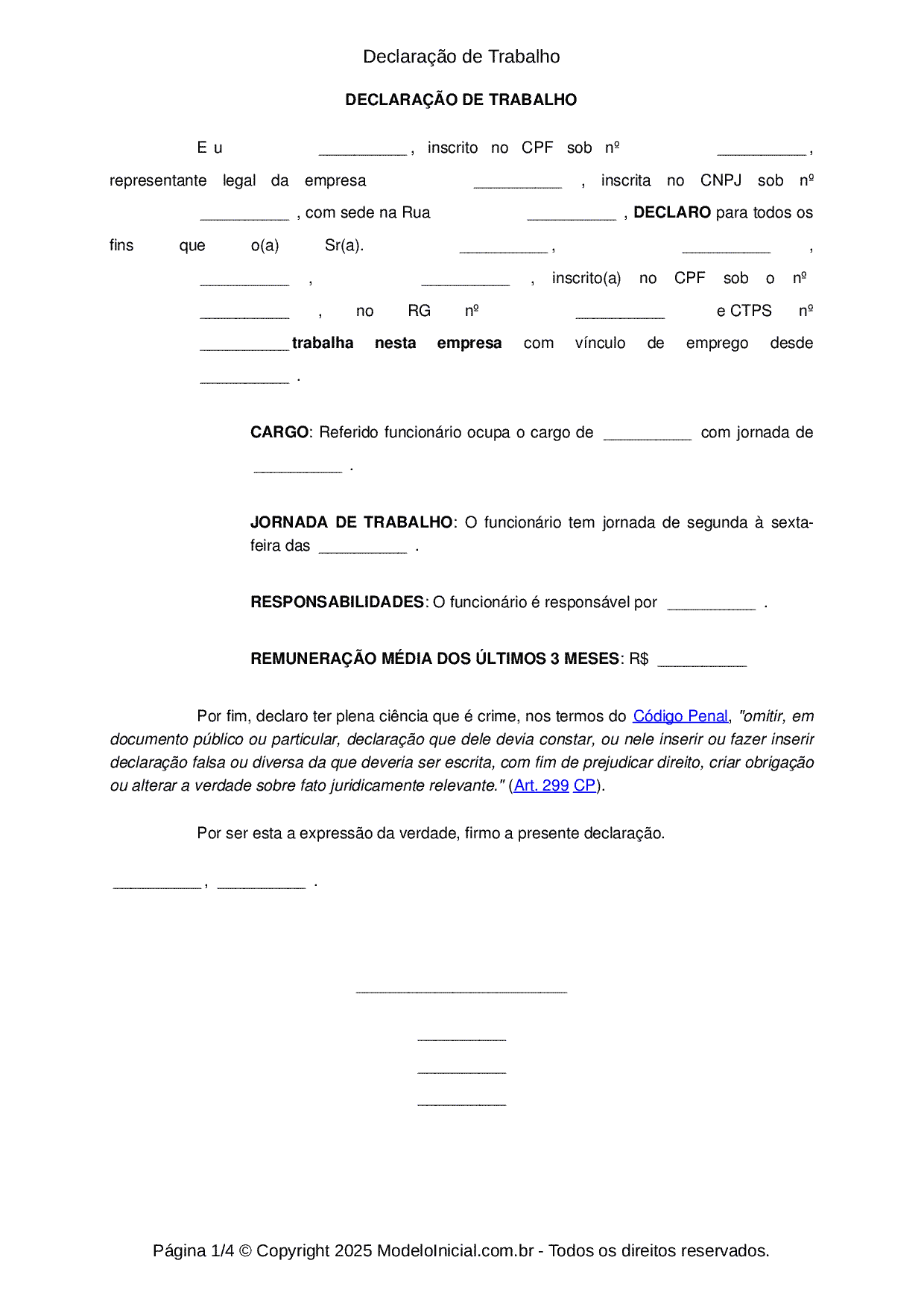Is the internet truly a safe space for everyone? A bold statement must be made here: the digital world, while offering unprecedented access to information and entertainment, also harbors an underbelly of illicit activities that demand attention. Among these activities, the proliferation of explicit content under various aliases such as Masa49 Com has sparked significant debate. The term Masa49 Com refers to a collection of websites or platforms that distribute adult material, often with dubious legality and ethical concerns.
The rise of platforms like Masa49 Com highlights the complexities surrounding freedom of expression versus censorship on the internet. These sites operate in a gray area where legal boundaries are often blurred. While some argue that adults have the right to access such content willingly, others raise concerns about the potential exploitation involved in producing these materials. Furthermore, there is growing unease regarding how easily accessible this content is to minors who may stumble upon it unintentionally. As discussions around online safety continue to evolve globally, understanding the implications of hosting and consuming explicit content remains crucial.
| Bio Data | Details |
|---|---|
| Name | Masa49 Com (Platform Alias) |
| Category | Adult Content Hosting |
| Origin | Uncertain - Likely Multi-National Operations |
| Established | Exact Date Unknown |
| Website Link | Reference Site |
| Professional Information | Primarily focused on distributing adult videos; includes categories such as Desi Masa49 Com, Indian porn clips, web series, etc. |
Explicit content providers often market themselves through hashtags and trending topics, ensuring their visibility across social media platforms. For instance, terms like #DesiMasa49Com or related keywords frequently appear alongside unrelated searches, leading unsuspecting users into viewing inappropriate material. This tactic exploits algorithms designed to prioritize user engagement over content quality or appropriateness. Consequently, individuals searching innocuously might encounter explicit suggestions without prior warning.
Moreover, the intersection between technology and human behavior complicates matters further. Platforms like Masa49 Com leverage psychological triggers to maintain high traffic levels. By employing techniques such as autoplay features, personalized recommendations based on browsing history, and clickbait titles, they encourage prolonged exposure to explicit material. Such mechanisms not only normalize consumption patterns but also contribute to addiction-like behaviors among certain demographics.
In response to these challenges, governments worldwide have intensified efforts to regulate online content more effectively. Legislation aimed at protecting children from harmful material continues to gain momentum. Additionally, initiatives promoting digital literacy seek to empower individuals with tools necessary to navigate cyberspace responsibly. However, enforcement remains inconsistent due to jurisdictional differences and rapid technological advancements outpacing regulatory frameworks.
It's worth noting that debates surrounding censorship extend beyond mere legality. Ethical considerations play a pivotal role in shaping opinions about whether restricting access to adult content infringes upon personal freedoms. Advocates for open internet argue that adults should retain autonomy over what they choose to view. Meanwhile, critics emphasize societal responsibilities towards safeguarding vulnerable populations, including children and victims of trafficking or exploitation featured within such materials.
Furthermore, cultural sensitivities add another layer of complexity. In regions where conservative values prevail, tolerance for explicit content tends to be lower compared to liberal societies embracing sexual openness. Thus, implementing universal standards proves challenging given diverse perspectives on morality and decency. Balancing respect for individual rights against collective welfare requires nuanced approaches tailored to specific contexts.
Technological innovations offer both opportunities and threats in addressing these issues. Artificial intelligence-driven moderation systems promise enhanced filtering capabilities capable of identifying objectionable content automatically. Yet, reliance solely on automated solutions risks misclassification errors potentially censoring legitimate speech inadvertently. Therefore, hybrid models combining human oversight with AI assistance appear most promising moving forward.
Ultimately, fostering safer digital environments necessitates collaborative action involving stakeholders from all sectors. Policymakers must work closely alongside technologists, educators, parents, and community leaders to develop comprehensive strategies addressing root causes rather than merely treating symptoms. Empowering users with knowledge equips them better to make informed decisions concerning their online activities.
As society grapples with evolving dynamics brought forth by digital transformation, staying vigilant becomes imperative. Recognizing dangers posed by unregulated dissemination of explicit content forms part of broader conversations about maintaining civility amidst increasing interconnectedness. Only through sustained dialogue and adaptive measures can we hope to strike an equitable balance preserving both freedom and security in our increasingly virtual lives.



